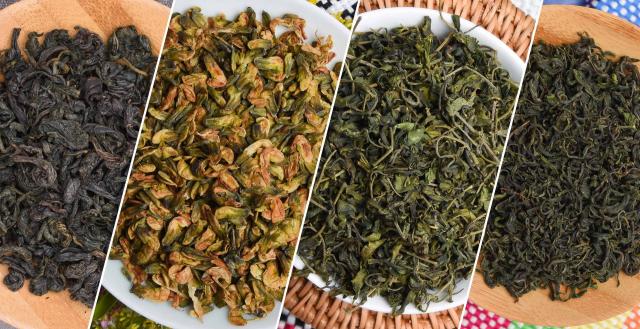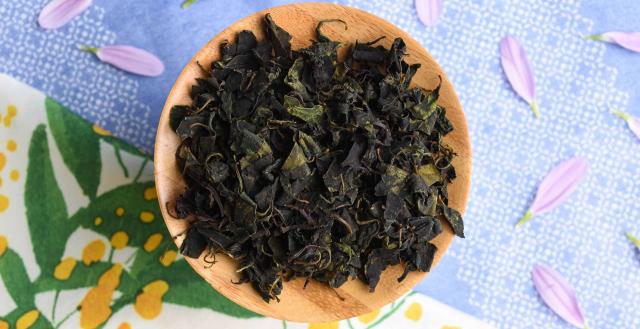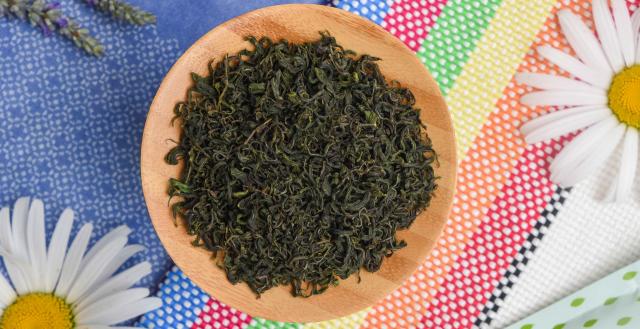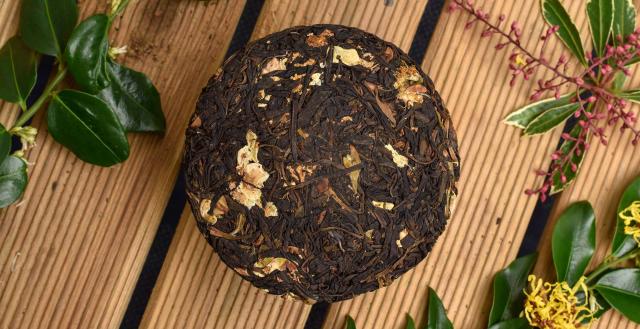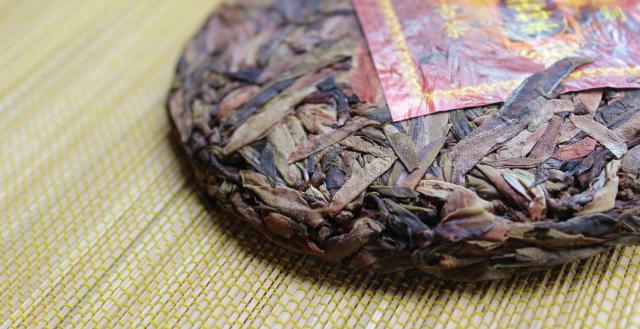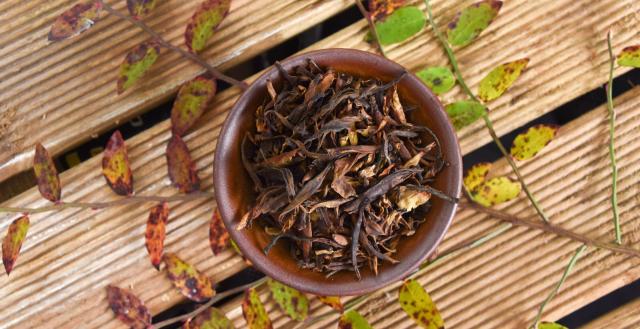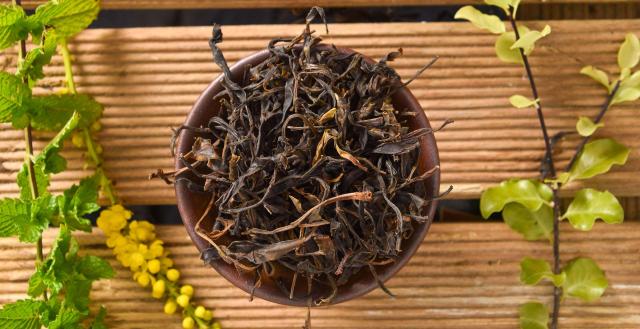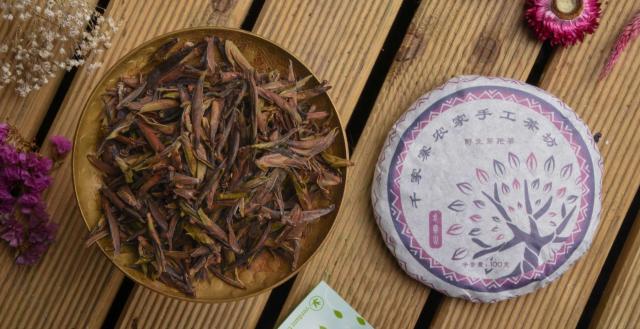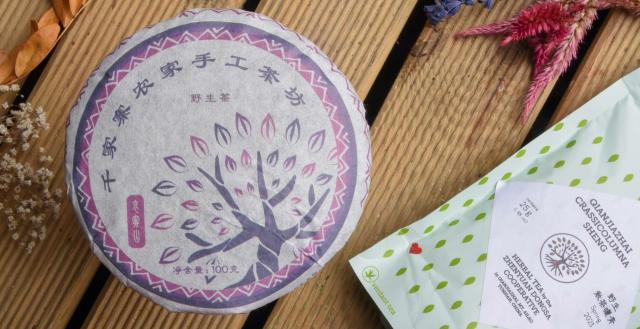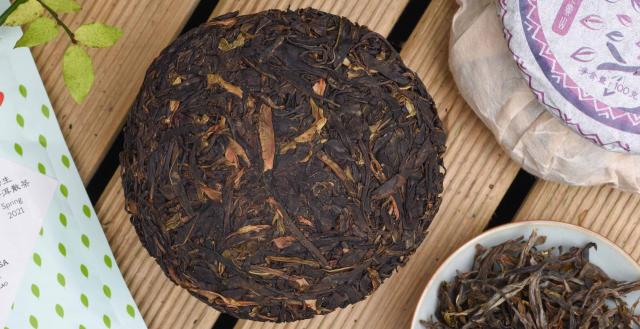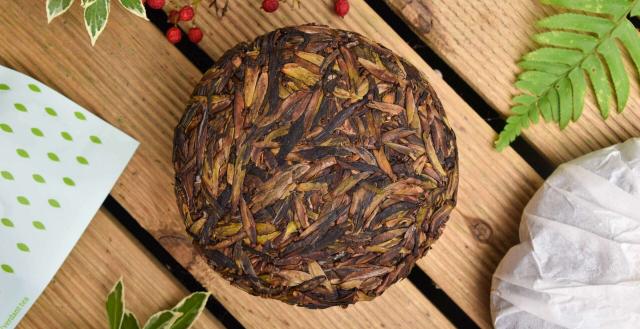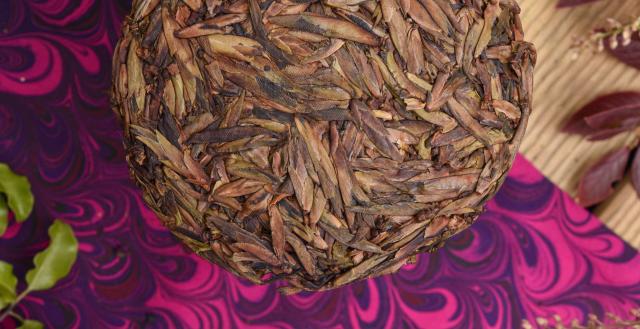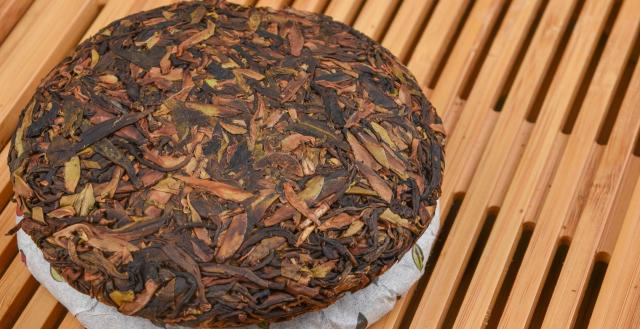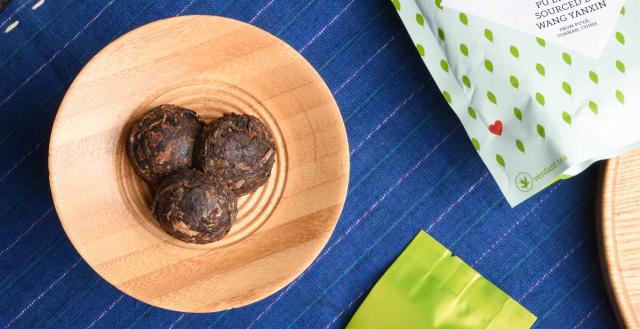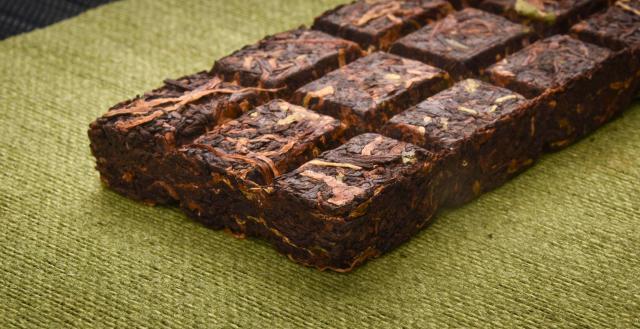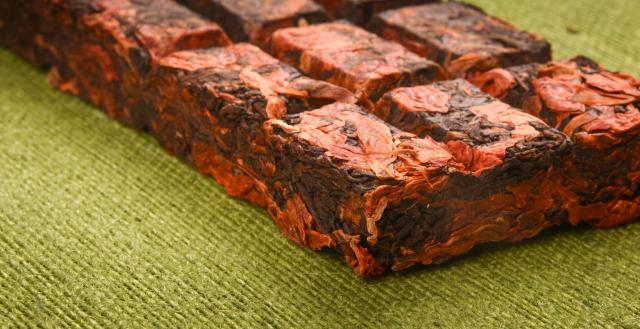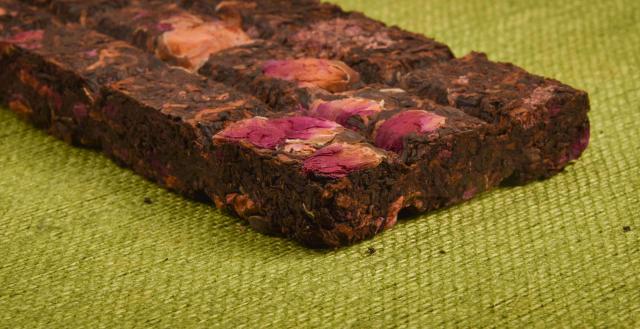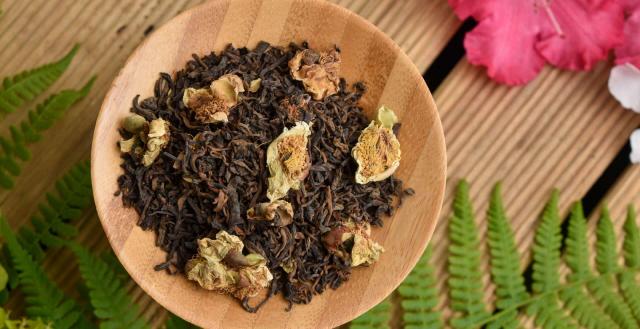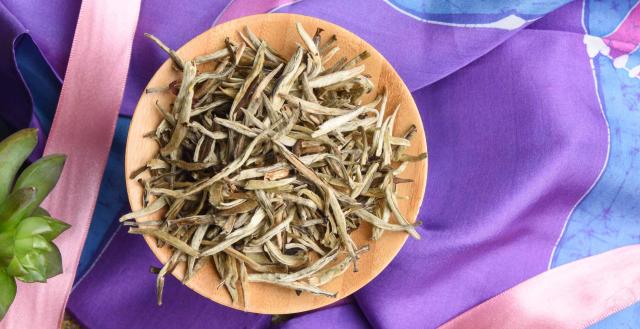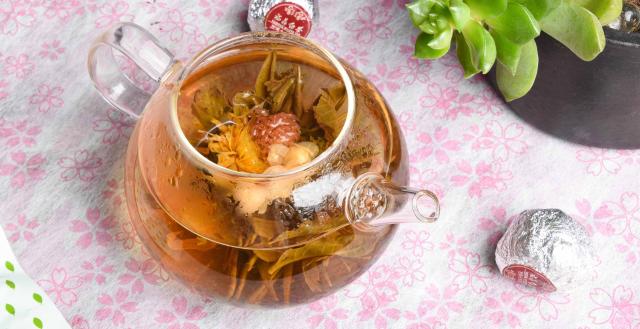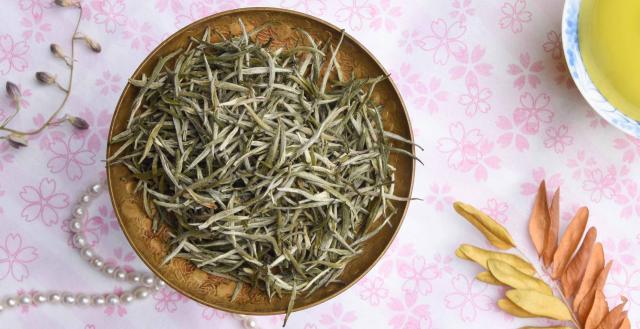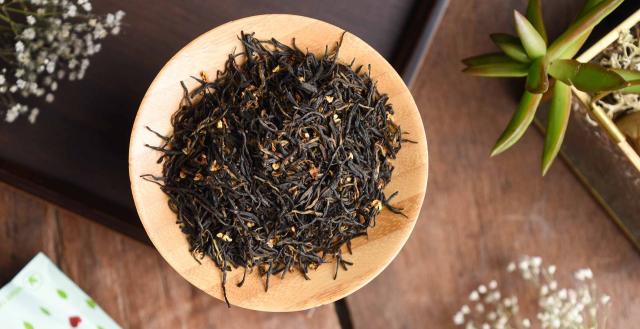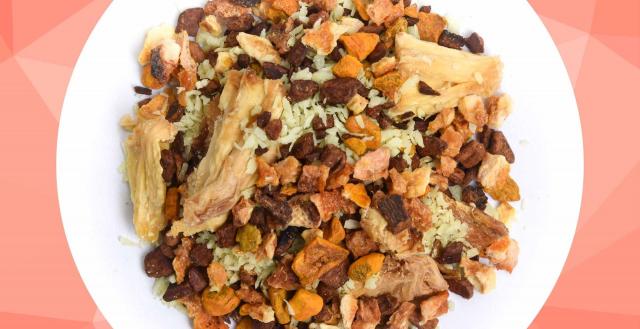• Arriving Soon: Fresh Laoshan Green Teas ~ Pre-Order now
• Dragonwell is here! The first fresh tea of 2024 ~ Only a few pounds left
Get started for as little as $5 - check out tea samplers at a special discount! 🌟
Free Tea Sample in Every order! | Free shipping for orders $45+ 📦
• New arrival: tea tools, clever storage + more to complete your tea set ✨
filters :
out of stock








While the first thing we think of with herbal teas are caffeine-free tisanes, we can't forget that fruits, flowers and herbs have been traditionally blended with classic (caffeinated) camellia sinensis for thousands of years. We are excited to offer this small collection of special blends, crafted by the people who actually pick and finish their tea.


The Chroma Tea Blends project was founded to make blended teas and herbals that taste deeper, more complex, and more beautiful than the sum of their parts. Teas from our long-time partner-farmers, with carefully-sourced organic and wild herbs and spices.
• direct-sourced tea • organic and wild-foraged herbs + spices • no flavourings or additives •


